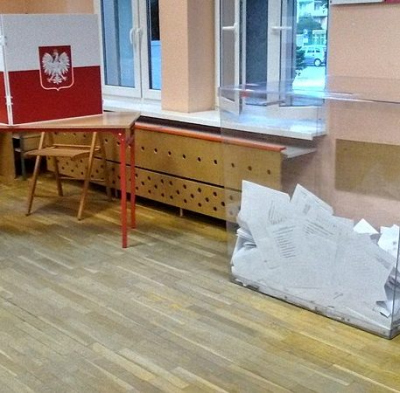
A prosecutor has withdrawn the motion for total legal incapacitation of M., a man with Down’s syndrome. The HFHR has joined the proceedings and presented a legal opinion in which we pointed to disadvantages associated with the application of legal incapacitation procedure. Another participant in the case was the Foundation for Persons with Disabilities Arkadia from Toruń, an organisation that supports M. in his everyday life.
Inheritance triggers incapacitation?
The Circuit Prosecutor in Toruń submitted the motion for the total incapacitation of M. after receiving a request from the court handling the probate case of M.’s late father. The probate court expressed concerns over whether M. may independently participate in probate proceedings and whether he understands the meaning of such proceedings.
“During the trial before the Regional Court in Toruń witnesses testified that M. was self-sufficient in many activities of daily life. He has a job and commutes to work on his own. M. receives support from his family and the staff and trainers from the Foundation for Persons with Disabilities Arkadia from Toruń. The witnesses underscored that although M. could not read or write, with appropriate communication support he was able to understand the meaning of his decisions and express his intent”, says Jarosław Jagura, an attorney-in-training and member of the HFHR’s legal team.
Right to dignity, autonomy and independence
Dr Dorota Pudzianowska, Foundation’s legal expert explains: “In our report, we indicated the need for applying the standards enshrined in the Constitution of the Republic of Poland, the Convention on the Rights of Persons with Disabilities, and the European Convention on Human Rights in proceedings that involve legal incapacitation. This is not the first case, in which we notice that it is a prosecutor who initiates incapacitation proceedings. In every such case, prosecutors should act carefully and thoughtfully. I am glad that in M.’s case the prosecution service was, as it appears, persuaded by our arguments about the protection of the dignity and autonomy of persons with disabilities”, Dr Pudzianowska adds.
In the consequence of the prosecutor’s withdrawal of motion, the Regional Court in Toruń dismissed the incapacitation proceedings. The HFHR was represented in court by Mr Jagura.
The case has been conducted as part of the HFHR’s “Article 32” anti-discrimination programme.


